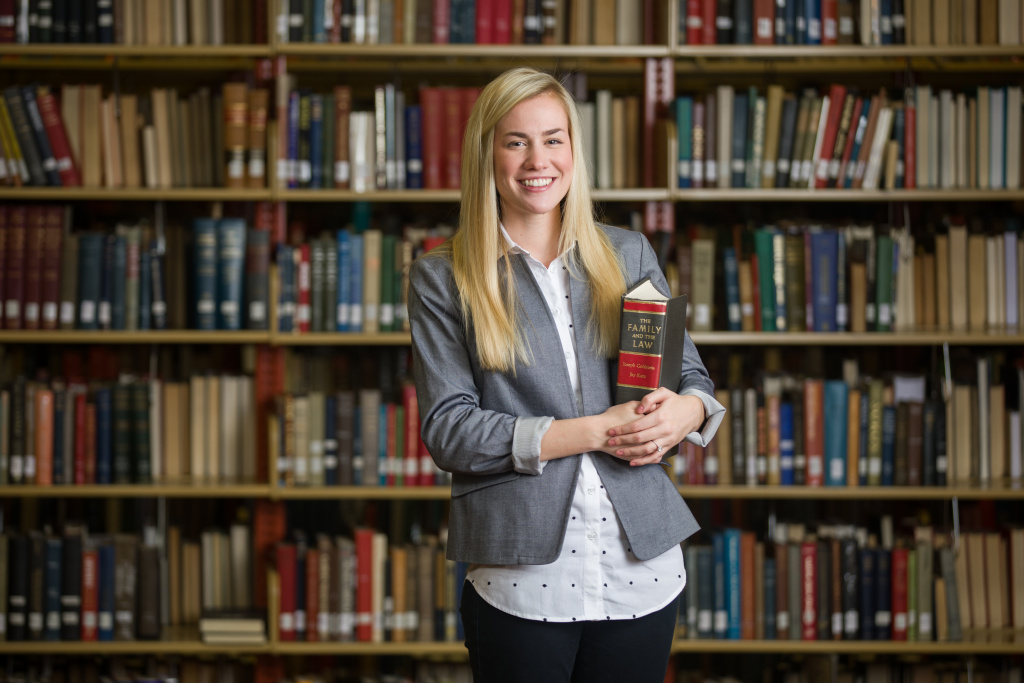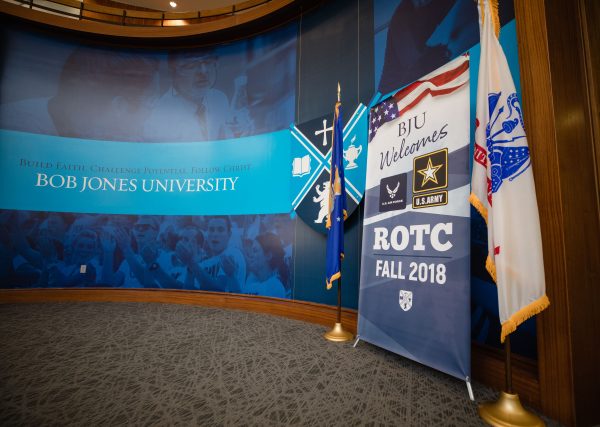James Brammer, lawyer and BJU paralegal program head, sat in a small law firm years ago when his boss gathered the 10 or so lawyers in the firm. Someone had been mistreating one of the paralegals, and Brammer’s boss said something that day that Brammer has never forgotten. “Don’t get your heads too big. She (the paralegal) is harder to replace than you are.”
Brammer came to learn the truth of that statement over time. A well-trained paralegal anticipates the needs of the attorney and smooths the entire litigation process. And Brammer is excited to now be a part of BJU’s new paralegal program.
See Also: New Programs Expand Student Opportunities
Biblically Based Ethics
Christians entering the legal field need to be prepared with a strong biblical foundation. “I speak from experience when I tell you that the competitive drive that is in the DNA of most lawyers—particularly litigators—presents a very strong temptation to blur lines and bend rules,” Brammer says.
In addition to classes specifically on ethics, the BJU paralegal program includes Bible classes. These classes give students a foundation for what they believe. They learn how to discern right from wrong based on the only source of Truth. In Brammer’s opinion, “I can’t imagine better preparation for entering an environment where ethics are treated as relative than the biblical worldview a student (at BJU) will be taught.”
Current and Practical Curriculum
Even though BJU’s new paralegal program is a two-year associate degree, Brammer says it will be as challenging as a four-year bachelor’s program. “If anybody was to ever ask me, ‘Well, why is that the case?’ I would, in turn, ask them a question. ‘Do you envision a lawyer in a law firm having any patience with mediocrity?’ I don’t. And so that’s why we set up the program that way.”
An additional benefit of the BJU program is the quality of its faculty. Many are adjunct faculty who are practicing attorneys and will be able to share the most current information in the field with their students. As Brammer pointed out, these teachers will have “just stepped out of their office and into the classroom.” He went on to explain why this is so important: “I can teach with the benefit of my experience of yesterday, but many of our faculty will be able to teach with the benefit of their today, real-world, real-life experience.”
Students in the program will also be required to complete a paralegal internship in legal work. To successfully complete their internships, students must log 300 hours of work in the day to day operations of a local law office. According to Mike Buiter, dean of the School of Business, about 40 local law firms are eager to support the BJU paralegal program, whether through providing internships or filling an advisory board position.
Profitable Career Path
According to the Bureau of Labor Statistics, the paralegal employment rate is expected to increase by 15% before 2026, which is much higher than the general employment expectations. Also, the average salary for paralegals is $50,000 per year. The University’s goal is to provide students with the building blocks for a successful future.








